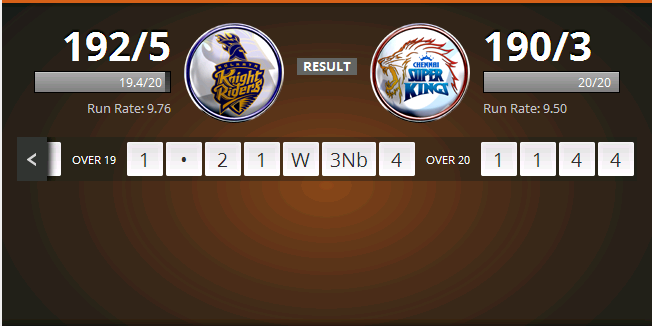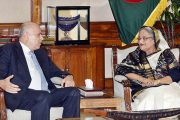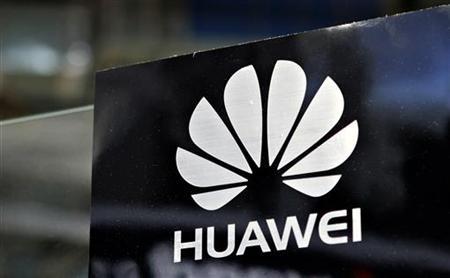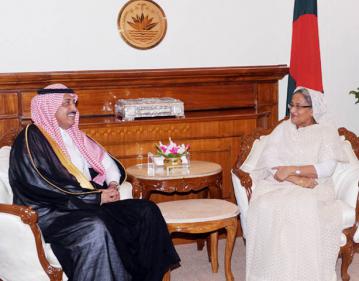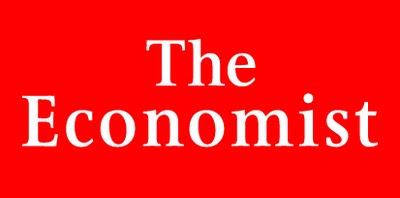 Do they really understood exact situation in Bangladesh, or were just convinced to published rather a biased report by an unnamed reporter who wrote a story on present realities in Bangladesh under the caption of ‘A different sort of emergency’?
Do they really understood exact situation in Bangladesh, or were just convinced to published rather a biased report by an unnamed reporter who wrote a story on present realities in Bangladesh under the caption of ‘A different sort of emergency’?
Yes, food crisis in Bangladesh is acute till date and at least 50 million people are in regular starvation while the chief of army General Moeen U Ahmed is continuing to suggest people of switching their ‘food habit’ from rice to potato. It is quite natural for a political naïve General to suggest people in doing so as the government in Dhaka, which in fact runs under army’s direct instructions, are getting increasing worried and frustrated as series of problems are becoming louder everyday. Food crisis is one of the issues while shortage of electricity and gas is no less important.
From various reports from Dhaka it is understood that the existing silent famine may get little resolved when the nation will start getting new harvest or already are in process of getting the same. But, according to experts, such relaxed period won’t last for long. Bangladesh may witness even worst form of food shortage in the coming months as the global price of rice is in increasing trend. On the other hand, from next month, China would double the export price of fertilizer, which will directly affect the farmers. Possibly Bangladeshis will never be able to buy rice at the price they had been buying even few months back. And the food crisis or famine like situation in the South Asian nation will last for indefinite time. Acute food shortage in Bangladesh although has nothing to do with the ongoing anti-corruption drive of the interim government, the Economist rather tried to draw a picture as if such drive against social evils were the ultimate curse for the people. The newspaper even tried to somehow tell its readers that corruption charges are helping Awami League chief Sheikh Hasina in becoming increasing popular and the potential future Prime Minister for the second term. Ridiculous, isn’t it?
In the report, the Economist wrote, “The army’s main headache is Sheikh Hasina, whose party is widely expected to win the election. Her detention on corruption charges has made her more popular than ever. Senior leaders of the League say it will boycott the election if the courts convict her. The threat might be empty. But it is a risk the army cannot afford to take. The patience of Western governments, which backed the state of emergency, is wearing thin. Human-rights abuses continue unabated.”
The Economist is quite convinced that Awami League is the potential winner in the next general election. Why? Because, this is exactly how the pro-Awami League think tanks are continuing to predict in Bangladesh. So, naturally the next question which would strike the people of conscious mind is, who influenced the prestigious newsmagazine in making this commentary. Awami League or its supporters? Let us have a look into another part of the comments in the same report, where the Economist, commenting on trying war criminals wrote, “It also badly needs to sustain the rising flow of billions of dollars in remittances, which have lifted millions of Bangladeshis out of poverty. This complicates the government’s stated plan of considering prosecution of those who assisted the Pakistani army in a campaign that left 3m Bengalis dead in the country’s liberation war in 1971. Saudi Arabia, which accounts for 40% of total remittances, objects to an international war-crimes tribunal. If the two big political parties had their way, a large number of leaders of Jamaat-e-Islami, Bangladesh’s largest Islamist party, would stand trial.”
Hah! It hurts me to believe that such an important newsmagazine like Economist can even afford to write a biased comment on the issue of trying war criminals. I have already discussed this issue in another article titled Nation in Confrontation, which had been published in a number of international news media. If my readers will go through it, they too will understand that, trying war criminals, according to international conventions shall not only put Jamaat-e-Islami in trouble. It will go against everyone, who violated the codes of international conventions and committed war crimes. A large section of freedom fighters (many of whom are belonging to both Awami League and Bangladesh Nationalist Party) will also have to see the trial dais once the government starts trying the war criminals.
One particular point, the Economist mentioned is a matter of real concern. It wrote, “But to hold truly free and fair elections, the army will need to reach an accommodation with the parties. There is talk of a face-saving deal allowing Sheikh Hasina to go abroad for medical treatment, in return for a promise that the League will not boycott the election. Hardliners in the army will not like it. But they have largely been sidelined.”
Does it mean that, corrupt Sheikh Hasina may be finally accorded an exit path to flee Bangladesh against a promise for her party in running the next election? Here I have two questions. One, why Sheikh Hasina does not have any confidence on Bangladeshi doctors? She hates them? Or she is trying to somehow leave Bangladesh to escape possible series convictions as she is quite sure of her previous misdeeds? On the other hand, once Awami League joins the election and wins (as per prediction of the Economist), Sheikh Hasina will get a heroic come back to Bangladesh and shall opt for trying all those ‘betrayer’ army officers and members of the interim government for their ‘anti state’ activities. Just remember, Hasina never excused killers of her father. She certainly shall never forget the humiliation she suffered from the present regime in Dhaka and definitely try them all not only to take a proper revenge but also to show to the people that, in fact, these people (the interim government and its driving forces) were real evils and enemies of democracy.
Remember Sheikh Hasina’s secret agreement with former military ruler Hussein Muhammed Ershad in 1986? She participated in an election under Ershad’s rule for reason unknown to many. But, finally she abandoned him (Ershad) and joined Khaleda Zia in anti Ershad movement. Yes, she is a smart woman. Knows the precise art of taking the advantage of every situation. May be rulers in Dhaka are forgetting the past or are not taking any lesson from the history. In fact, no one does that.
Author : Sunita Paul







